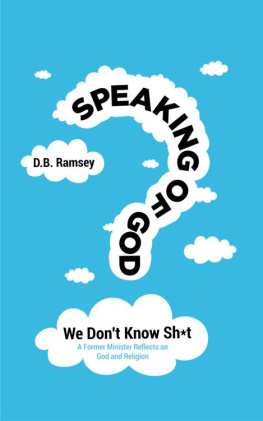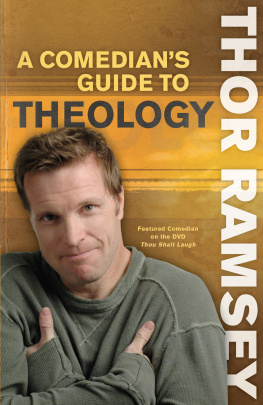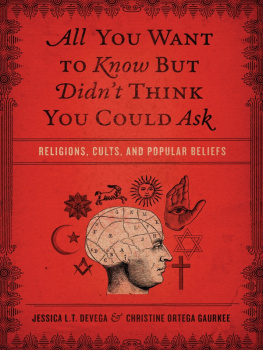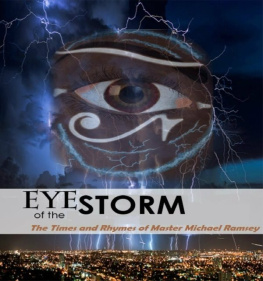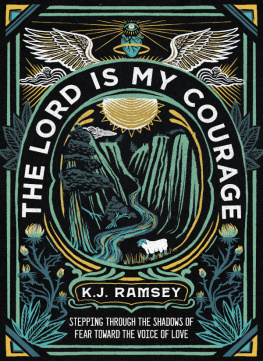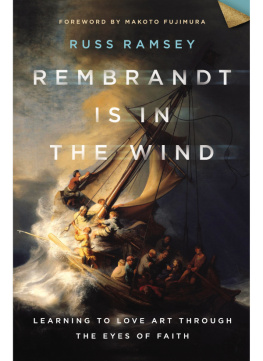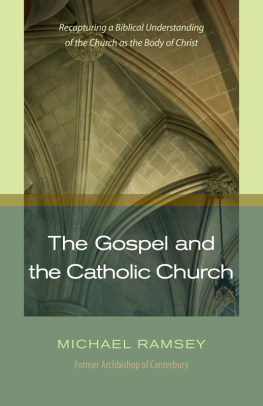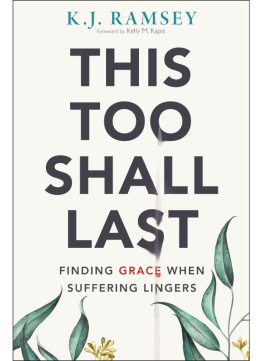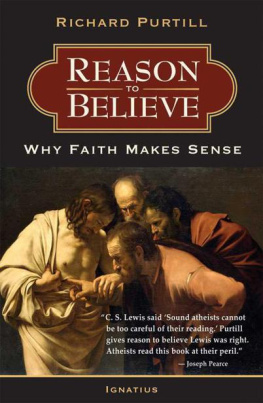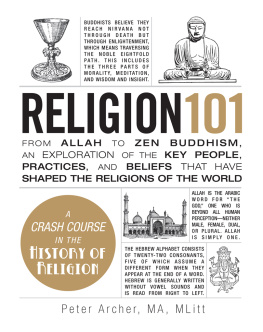Speaking of God:
We Dont Know Sh*t
Speaking
of God:
We Dont Know Sh*t
A Former Minister Reflects on God and Religion
By
D.B. Ramsey
2020 by D.B. Ramsey
All rights reserved. This book or any portion thereof may not be reproduced or used in any manner whatsoever without the express written permission of the publisher except for the use of brief quotations in a book review.
In Memory of Joe and Peggy Ramsey
Will the Circle Be Unbroken?
Table of Contents
Introduction
To know that we know what we know, and to know that we do not know what we do not know, that is true knowledge.
Copernicus
I n 1996, John Updike released his seventeenth novel, In the Beauty of the Lilies , a story about a Presbyterian minister, Clarence Wilmot, who loses his faith, leaves the ministry, and becomes an encyclopedia salesman. The book was met with little fanfare by the literati; however, after reading a review in Time magazine, I rushed to the nearest bookstore and bought a copy. For in a strange case of art imitating life, Updike was narrating my story. I was a Baptist minister who had slowly been losing my faith. I would eventually leave the ministry and embark on a second career in technology sales.
I was a Baptist minister for over ten years. During that time, I performed many duties, including officiating at weddings and conducting funerals. I was responsible for the numerical growth and financial vitality of my congregations. I served on civic and denominational boards. No one day was the same. But every single week, with a few exceptions, I had to write and deliver a sermon. There is an old saw in clergy circles that goes like this: some Sundays you have something to say, and some Sundays you have to say something. Whether I had something to say or simply had to say something, the weekly preparation and delivery of a sermon was an inescapable and essential duty I performed most every week.
I vividly remember my first sermon. I was in my first year at Duke Divinity School and serving as a ministerial intern at the University Baptist Church in Chapel Hill, North Carolina. I had no ideas for a sermon topic, and it would be another year before I took a class in homiletics, which deals with the writing and preaching of sermons. So I approached the senior minister of the congregation and asked him, What should I preach about? He dryly replied, About Godand about ten minutes.
So when I graduated from divinity school and became a minister, I spoke about God for about ten minutes most every Sunday. I wrote and spoke easily and freely, if not glibly, about a God whose existence was assumed by both my audience and me. But about six years into my career, I began having serious doubts about this God: doubts about this Gods involvement, or lack thereof, in the world and, more important, this Gods very existence.
To be sure, doubt is a natural if not necessary component of religious faith. Frederi
The problem for me was that there werent ants in my theological pants; there were leeches that were sucking the very faith I had possessed since childhood, the faith that was at the center of my personal and professional life. And it would have been one thing if I were a school teacher or business person. I was in a profession for which faith is a sine qua non, a nonnegotiable, essential element of a ministers mental wardrobe. It was like a professional baseball pitcher losing his fastball, an opera singer losing his voice, or a pilot losing his vision.
The irony was remarkable. I had always challenged my congregations to think carefully and critically about scripture, and their beliefs, and worldviews. Noting what Socrates said about an unexamined life not being worth living, I often said that an unexamined faith wasnt worth having. From the pulpit I would challenge biblical verses and stories that made no sense to me, and I would logically explain why. But my doubts werent simply about the Bible or even Christianity; my doubts were about the central and primary character in both Jewish and Christian religious traditions: God.
To be clear, the issue for me wasnt necessarily or exclusively about the existence of a God, or Supreme Being. I hadnt become an atheist, not that theres anything wrong with that. I was more of an agnostic. And the terms here are important. An atheist, by definition, denies the existence of God. By contrast, a theist is someone who believes in a God. An agnostic says, simply, that we dont and cant know if there is a God. Ill say more about this later in the book.
I found agnosticism to be an intellectually honest worldview. None of us really knows if there is or isnt a God. We may believe or hope in a God. But we do not know. And some would argue that we cant know. And if we dont or cant know if there is or isnt a God, then the language of religion we use to talk about God is utterly, necessarily, and inescapably conjecture. Put more crudely, when we speak about God, we really dont know shit.
What follows in this book are my thoughts on this and various religious stories and themes. Some of these are the result of my formal and academic study of religion. Others are the product of personal reflection and rigorous intellectual examination of popular religious notions. Some of my musings are the residue of losing my father to Hodgkins disease when I was only twelve years old and the well-intentioned but horribly cruel responses of adults in my churchresponses like It was his time to go or God needed your dad in heaven. As a minister I heard of unspeakable tragedies and the often-hollow responses of the religious to those tragedies. I uttered prayers to a God whom I thought I knew, only to realize, eventually, that I didnt know shit about God.
Speaking of God: We Dont Know Sh*t
The clergy know that I know that they know that they do not know.
Robert G. Ingersoll
A t some point in my fifty-eight years of living, I have probably believed most everything you believe if you are a Christian or Jew reading this. And I believed these things because, from a very young age, I was taught these things from others who were also taught these things. That there is a God who created the universe in seven days. That Adam and Eve were real people and that a snake talked to them. That God gave Moses the Ten Commandments. I once believed that a man named Jonah was swallowed by a whale and lived to tell about it. I also believed that a man named Job lost his family and possessions, all because of a bet that God made with a character named Satan.
I believed that this same God sent his only son, Jesus, to save those who believed in him from this same Gods wrath. I believed that this Jesus was born to a virgin named Mary, that he performed miracles like turning water into wine and healing the sick. I believed that Jesus was crucified, buried, and then raised from the dead three days later. I believed in a literal heaven where those who believed in Jesus would spend life beyond the grave and a literal hell where those who didnt believe in Jesus would spend their lives beyond the grave.
As a child, though, there was one notion that I struggled to believe: that unless one professed belief in Jesus, he or she would spend eternity in a literal hell. I even asked my minister how someone who had never even heard of Jesus, say a bushman in the jungles of Africa, would be cast into hell simply and cruelly because he was never exposed to Christianity. As I recall, my minister simply replied that this was one of the mysteries of faith. His dodge of my question left me unsatisfied and even more curious about this particular religious dilemma.
I majored in religion at Wake Forest University; however, I had no thoughts or plans of becoming a minister. I simply enjoyed the academic subject itself, although not as much as I enjoyed the extracurricular activities of college life, including being president of my fraternity. It was said that my fraternitys faculty advisor suffered his first heart attack when he learned of my eventual plans to enroll at Duke Divinity School.
Next page
